detail profile maria alice vergueiro
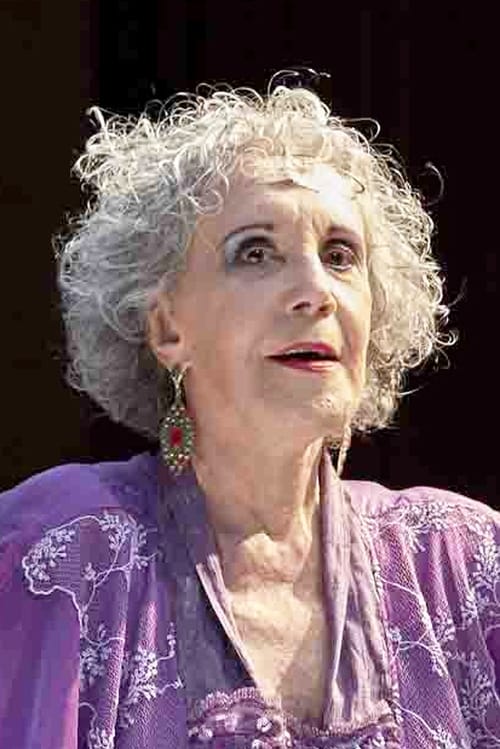
Maria Alice Vergueiro
Maria Alice Monteiro de Campos Vergueiro
atau dikenal sebagai
Riwayat Hidup
Maria Alice Monteiro de Campos Vergueiro (São Paulo, January 19, 1935 — São Paulo, June 3, 2020) was a Brazilian pedagogue, university professor and theater actress with an extensive career on stage, in cinema and on television.
Info Pribadi
Peran Yang Di Mainkan Maria Alice Vergueiro
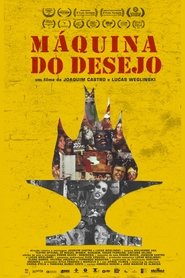 In six decades Teatro Oficina has...
In six decades Teatro Oficina has...Desire Machine: 60 Years of Teatro Oficina 2021
In six decades, Teatro Oficina has done more than revolutionize theatrical language in the country: the aesthetic influence of José Celso Martinez Corrêa's company extends from Tropicalism to the renewal of Brazilian audiovisual languages from the 1960s onwards. The film revisits a story that it involves personalities such as Caetano Veloso, Glauber Rocha, Lina Bo Bardi, Chico Buarque and Zé do Caixão, brings together scenic art, ecology, architecture and sexuality, and mixes art and life in the search for a Brazilian based language.
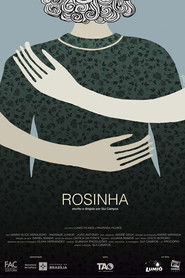 A short film about love and...
A short film about love and...Rosinha 2016
A short film about love and sexuality in the old age, and the struggle to overcome social conventions.
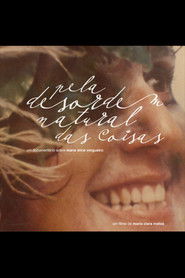 A deep dive into the life...
A deep dive into the life...Pela Desordem Natural das Coisas 2012
A deep dive into the life and work of Brazilian actress Maria Alice Vergueiro. The documentary explores her turbulent beginning in the theatrical world, highlighting her strength and courage during the Military dictatorship in Brazil, which culminated in the foundation of the Teatro do Ornitorrinco.
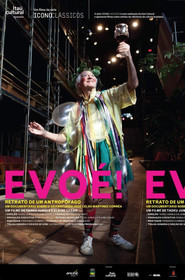 A film that mixes labyrinthine recent...
A film that mixes labyrinthine recent...Evoé: Portrait of an Anthropophage 2011
A film that mixes labyrinthine recent testimonies and historical images of the career of the tropicalista director, actor and playwright Zé Celso, of Teatro Oficina, one of the greatest personalities of the Brazilian arts of all time. The documentary acquired its main verb in four trips to key points in the trajectory of Zé: Bahia badlands, Cururipe Beach in Alagoas (where Bishop Sardinha was devoured), Epidaurus and Athens in Greece and his apartment in São Paulo.
 Three metropolitan stories entwine in So...
Three metropolitan stories entwine in So...Paulista 2009
Three metropolitan stories entwine in São Paulo. Would-be actress Marina arrives in the city looking for independence, falls madly in love with Justine, a bisexual rock singer, and is swept up into her wild, edgy lifestyle. Marina shares a flat on Avenida Paulista with Suzana, a mysterious lawyer who begins a relationship with a male colleague who is unaware that she's transsexual. Jay lives a few floors above them. He is a frustrated writer trying to give a meaning to his life by idealizing a stunningly beautiful prostitute, whom he transforms into a sort of muse. Following the frenetic pace of the city, the three "Paulista" characters will experience the euphoria of passion and its downside.
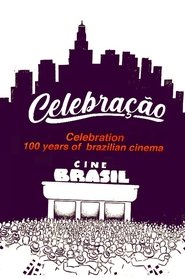 Portraits and excerpts from Brazilian films...
Portraits and excerpts from Brazilian films...Celebração - 100 Anos do Cinema Nacional 1997
"Portraits and excerpts from Brazilian films from all times. Actors, directors and images that affirm cinema."
 Daniel is a taxi driver whos...
Daniel is a taxi driver whos...Scent of Gardenias 1992
Daniel is a taxi driver who’s married to Adalgisa. When she starts acting in low-budget movies, he forbids her from seeing their son, Joaquim. For more than a decade, Daniel nurtures a feeling of revenge for his ex-wife, which gains strength when their now adult son finds his mother in full professional decay.
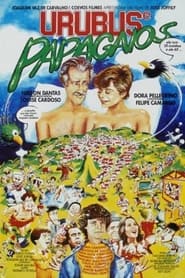 High Court judge returns to the...
High Court judge returns to the...Urubus e Papagaios 1987
High Court judge returns to the small town where he was born, bringing along his beautiful and young wife. The local men get aroused and start looking for young lovers at the local bordello. Their wives even make promises and novenas asking the disappearance of the new couple. One day, the judge dies, leaving his wife unsatisfied. The corpse, as if wanting revenge, keeps an erection on.
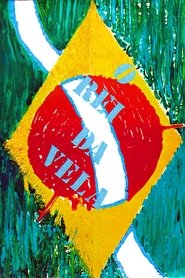 Filming of the historical montage of...
Filming of the historical montage of...The King of the Candle 1982
Filming of the historical montage of Oswald de Andrade's play, where decadent millionaires, depraved children, corrupt and implacable capitalists are the characters interpreted by the Grupo Oficina, in a celebrated theatrical performance from 1967, fundamentally recorded in 1971 and released only in the 1980s.
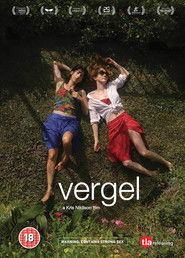 A sudden mourning brings a woman...
A sudden mourning brings a woman... Meet a Brazilian lady who uses...
Meet a Brazilian lady who uses...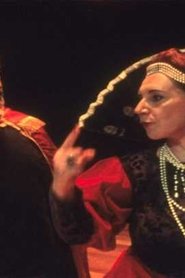 The theater the actress the actor...
The theater the actress the actor... Filmed over a fiveyear period Chronically...
Filmed over a fiveyear period Chronically...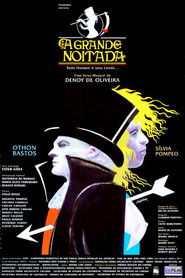
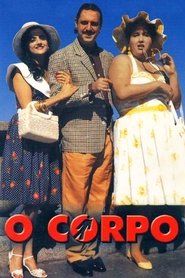 Xavier a pharmacist lives peacefully in...
Xavier a pharmacist lives peacefully in... At a poker table five players...
At a poker table five players... Two contrasting social groups get in...
Two contrasting social groups get in...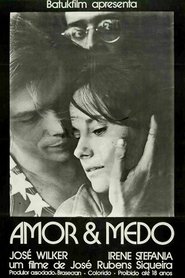 A film director and his wife...
A film director and his wife...